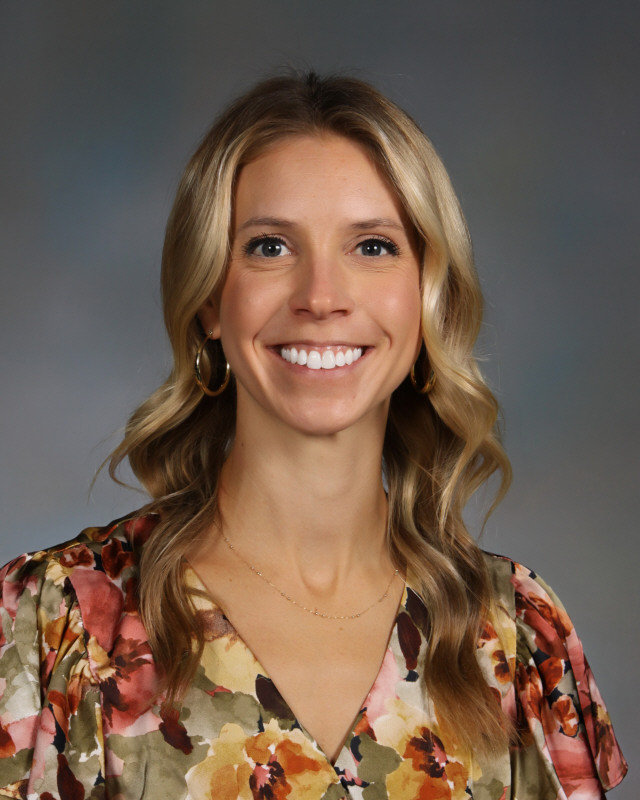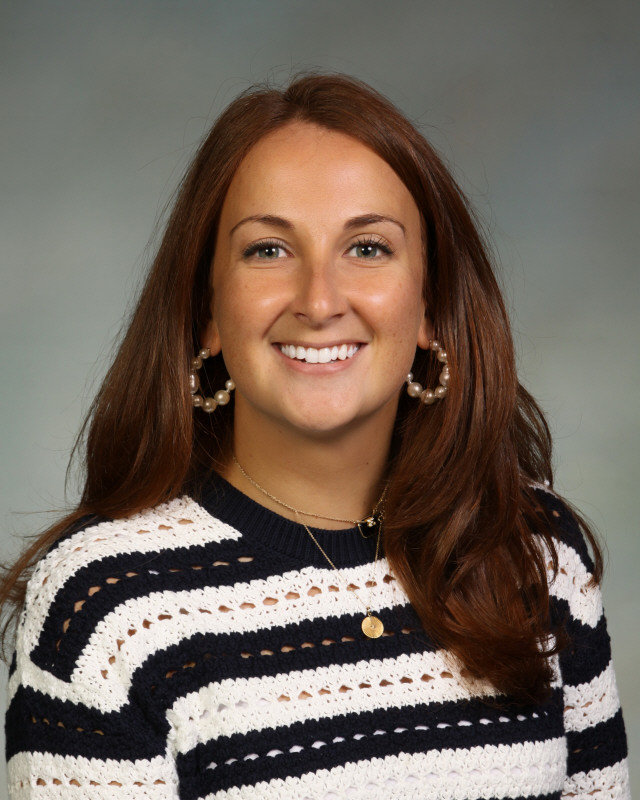One of the most painful experiences a person goes through is to express their love for someone only to realize that they don’t love you back. This experience happens beyond romantic relationships. Had a friend since fifth grade? Ninth grade rolls around, and they’re not your friend anymore. Part of a group chat? Another one gets started without you. Used to playing Brawl Stars with the same five people? They find someone else. The end of these seemingly trivial connections were probably so painful because they were much more meaningful to you than you realized. Humans are social creatures and when we feel connected to others, it feels nice and we feel loved. I know I lost some of you using the L-word in the context of a mobile game, but part of the discomfort people feel about saying they love someone who isn’t family or a romantic partner stems from a modern cultural problem that’s best explained through the English language.
English has many flaws, and one of them stems from how stingy it is when it comes to making sense of love. There are many types of love and yet only one word to describe them: you love your parents, your friends, and your romantic partner, but the love you have for your mom is very different from the love you have for your girlfriend. Other languages don’t have this problem. In Urdu and Hindi, there are at least four different words for love, each with their own respective meaning and each based on the respective relationship it goes with. Why? No idea. There’s not always a profound explanation on hand. But I think coming from a South Asian culture where love is thought about so deeply has made it easy for me to know when I love someone. It’s not hard for me to say I love my family and my friends, and, dare I say, my students too. Love is the space filled by the connections and meaning we make with others. When those connections fade, are lost, or end, it hurts. That hurt, however painful, doesn’t make those relationships any less meaningful, but instead reveals the many ways we love each other, whether we see them or not.
Class of 2024: I wish you a world of meaningful relationships in your future. Thank you for the ones you shared with me in the brief time we had together. Lots of love!




